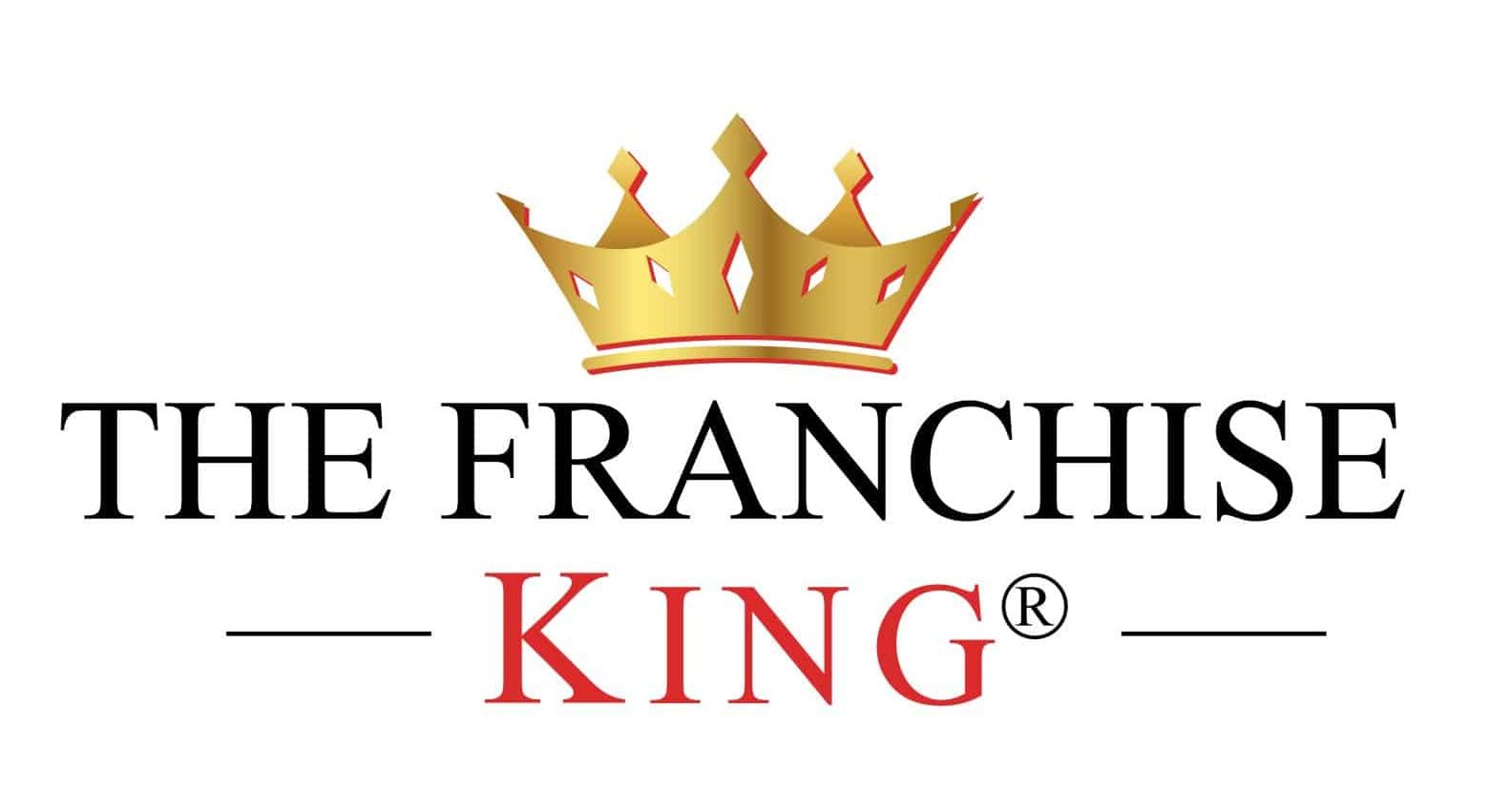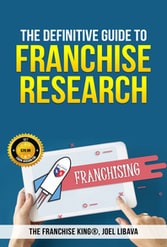
As small businesses gear up for 2025, recent data highlights how the 2024 U.S. General Election is influencing small business predictions and decision-making across industries.
Fiverr, the global platform reshaping freelance work, recently surveyed 1,001 U.S. small business owners to gauge their sentiments and concerns for the coming year.
The findings shed light on economic pressures, policy impacts, and the evolving role of freelancing in business strategies.
Small Business Optimism Amid Uncertainty For 2025
Despite economic and political shifts, small business owners are largely optimistic about the future. The figures quoted in this post come courtesy of a recent Global Newswire Press Release.
For example, nearly 90% of respondents expressed confidence in their business growth, with optimism highest in sectors like education (92%), finance (89%), and retail (89%). Interestingly, women-led businesses are particularly bullish, with 92% expecting revenue growth in 2025.
However, the data reveals generational divides.
For instance, while 89% of Gen Z business leaders are optimistic, 41% of Baby Boomers remain skeptical about the future.
Top Concerns: Inflation, Costs, and Policy Changes
Economic challenges remain a pressing issue for small businesses in 2025. Key findings include:
- Inflation: 40% of respondents cited inflation as a top concern, with industries like manufacturing (64%), healthcare (62%), and retail (59%) feeling the pinch most acutely.
- Rising Import Costs: 38% of businesses worry about the increased cost of goods, exacerbated by new tariff policies.
- Access to Talent: 27% of small business owners see finding skilled workers as a major hurdle.
- Women-led businesses face additional challenges, with 21% citing equitable access to capital as a top concern.
Navigating Policy Impacts
The new administration’s policies on tariffs, taxes, and workforce development are creating ripple effects:
- 72% of businesses believe tariff changes will impact their operations, with HR (87%), retail (80%), and education (80%) sectors feeling this most strongly.
- 84% expect the new tax structure to influence their businesses, with younger generations (91% of Gen Z and 86% of Millennials) particularly affected.
- Women-led businesses report a disproportionate impact from these policies, especially in areas like tariffs and workforce initiatives.
Looking Ahead: Strategies for Growth
In response to these challenges, small businesses are prioritizing adaptability and growth:
- Freelancing on the Rise: Many businesses are turning to freelancers for flexibility and to fill skill gaps.
- Investing in Technology: 33% plan to adopt AI and automation to streamline operations.
- Marketing & Growth: Nearly 40% are allocating more budget to marketing efforts to reach new audiences.
- As Matti Yahav, Chief Marketing Officer at Fiverr, notes, “The synergy between small business owners and freelance professionals will be integral to navigating an uncertain business landscape and capitalizing on growth opportunities in 2025.”
Finally, while economic challenges persist, small businesses are finding ways to remain resilient and optimistic, embracing innovation and flexibility to thrive in the new year.
About the Author
The Franchise King®, Joel Libava, is a leading franchise expert, author of "Become a Franchise Owner!" and "The Definitive Guide to Franchise Research." Featured in outlets like The New York Times, CNBC, and Franchise Direct, Joel’s no-nonsense approach as a trusted Franchise Ownership Advisor helps aspiring franchisees make smart, informed decisions in their journey to franchise ownership. He owns and operates this franchise blog.
Note: When you buy through links on this website, we may earn an affiliate commission.









